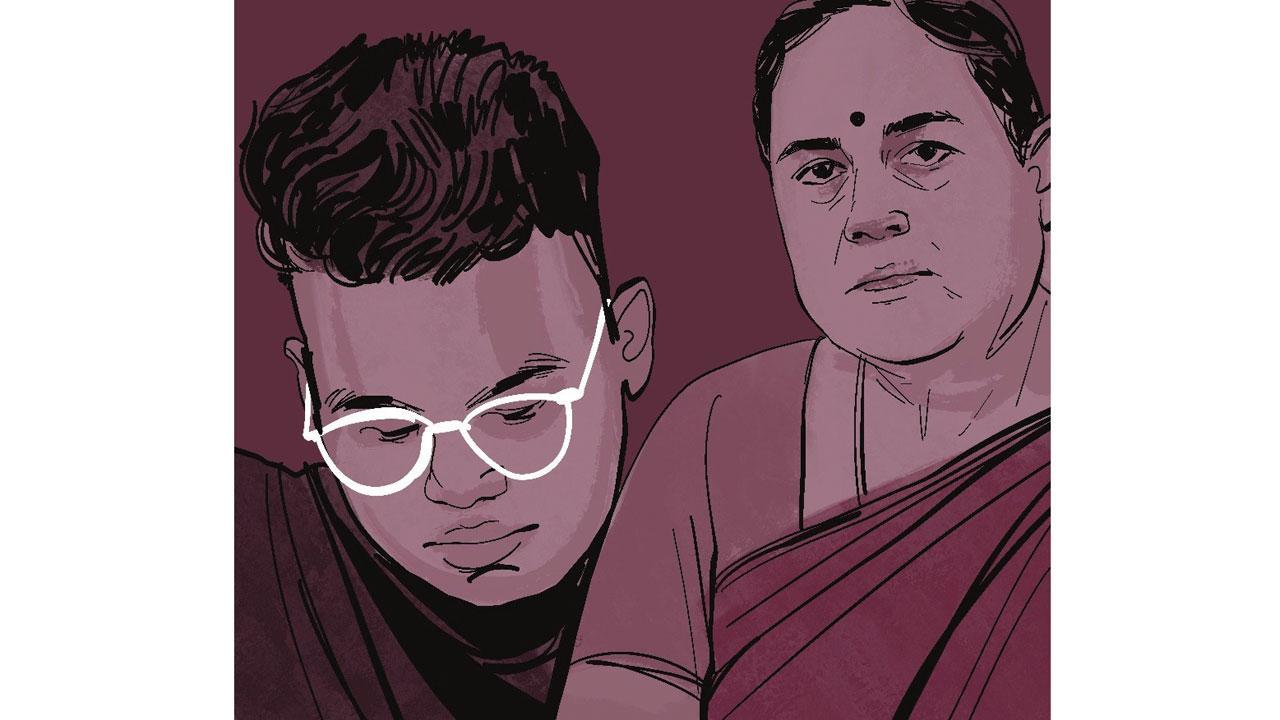Education can be a training in how to see the world in all its complicatedness. But it can also be a training in how not to see

Illustration/Uday Mohite
Education can be a training in how to see the world in all its complicatedness. But it can also be a training in how not to see.
So, no surprise that Rolling Stone India magazine’s cover about Tamil ‘crossover’ musicians featured Dhee (who is Brahmin) and Shan Vincent Paul on the heels of the hits Enjoy Enjaami and Neeye Oli, while casually leaving out rapper Arivu (who is Bahujan), who is writer and performer on the songs. But yes, shock, because as filmmaker Rajesh Rajamani wrote in a column, Enjoy Enjaami’s “soul and depth without doubt comes from Arivu’s presence in it”, drawing on the story of his grandmother’s journey from Sri Lanka as plantation labour, as well as the Bahujan musical tradition of oppari.
Rolling Stone scrambled to put Arivu on its ‘digital cover’ (when I grow up I want a job in PR and Legal also known as Luxury and Bullshit). But read the article and you can see that it fails to integrate him assertively alongside his musical companions, emphasising his politics as if they are somehow apart from rather than a part of art.
And what counts as crossover? Is it only crossing over into the West? Are there not infinite, exciting border crossings waiting to happen within? Of Dhee towards Arivu, of Arivu towards a different audience? When we privilege stories of only one type of crossing, which borders do we choose not to see? I was reminded of an earlier cover: “Ranveer’s Hip-Hop Dream” featuring a heavily-styled Ranveer Singh, while actual hip-hoppers stood behind him, looking regular, monochromatic, named in small print, as if the dream he saw is more real than the reality they made, which therefore remains marginalised.
When I studied English Literature at Delhi University, the syllabus was steeped in the colonial past. I am grateful to my teachers, who taught me to see its limitations, so that it would not limit how I saw the world. It’s time those who record the culture, learned to see past the syllabus, no?
Paromita Vohra is an award-winning Mumbai-based filmmaker, writer and curator working with fiction and non-fiction. Reach her at paromita.vohra@mid-day.com
 Subscribe today by clicking the link and stay updated with the latest news!" Click here!
Subscribe today by clicking the link and stay updated with the latest news!" Click here!











